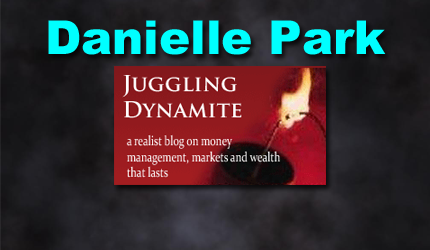May 23, 2023 | Largest Property Owners Strategically Defaulting on Mortgages

Some property owners are defaulting on mortgages because they lack the cash flow to make payments; others are defaulting to cut investment losses and hand properties over to lenders. See, Top property owners are credit-worthy–they might default anyway:
“The thinking was that the institutions would be the last to give the keys back, but it may be the other way around in some cases,” says Rachel Vinson, president of debt & structured finance in the U.S. at CBRE. She adds that institutional investors that have a responsibility to act in the best interest of their investors will be laser-focused on the numbers.
An analysis of the delinquent EY Plaza loan by CRED iQ senior managing director Marc McDevitt shows that the Brookfield-owned building was 76% full at the end of last year. Net operating income increased a mere 2.4% in 2022, but mortgage payments jumped 47%. It looks like Brookfield hit the brakes quickly—perhaps as soon as the debt-service-coverage-ratio slipped below 1 and repayments on its mortgage would have to come from its own pocket.
The cost of interest-rate hedges is another major problem to watch. Around one-third of all commercial real estate lending in the U.S. is floating rate, according to CRED iQ. Most lenders of variable-rate debt require borrowers to buy an interest-rate cap that limits their exposure to rising rates. A borrower with a 2% cap will receive a payout when an interest-rate benchmark such as the Secured Overnight Financing Rate (SOFR) goes above this level to cover its higher debt costs. Replacing these hedges once they expire is now very expensive. A three-year cap at 3% for a $100 million loan cost $23,000 in 2020. A one-year extension now costs $2.3 million, according to data from risk adviser Derivative Logic. Property investors that can’t or won’t shell out these eye-watering amounts might opt to default.
STAY INFORMED! Receive our Weekly Recap of thought provoking articles, podcasts, and radio delivered to your inbox for FREE! Sign up here for the HoweStreet.com Weekly Recap.
Danielle Park May 23rd, 2023
Posted In: Juggling Dynamite











